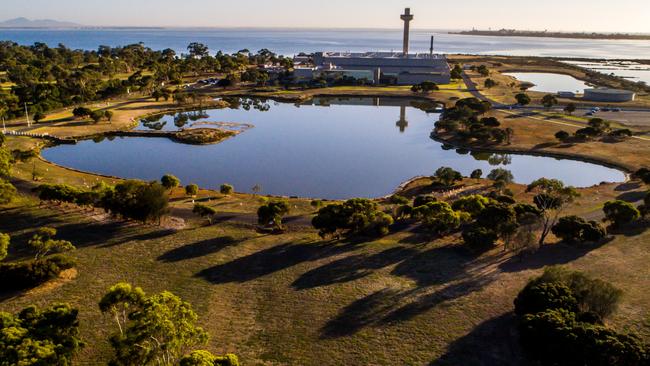Geelong scientists tested promising Oxford University vaccine on ferrets
Geelong scientists have played a key part in trialling the Oxford University coronavirus vaccine providing global hope.
GEELONG scientists have played an important role in testing a potential coronavirus vaccine showing promising results in human trials.
Stage 2 trials on 1077 people conducted in the UK found that the Oxford University vaccine provided a spike in immunity, both for T-cell and antibodies within 28 days.
The success, published in medical journal The Lancet, was a significant step forward, after Oxford University researchers repurposed a vaccine they had been developing for years for another illness to tackle COVID-19.
The next step was a larger trial, which has already started in Brazil where infection rates were soaring, as well as the UK and South Africa.
The vaccine candidate was earlier trialled on ferrets at the CSIRO Australian Centre for Disease Preparedness in Geelong.
A cohort of ferrets were vaccinated and, following a number of weeks to allow their immunity to develop, challenged with the virus.
“We certainly saw efficacy,” ACDP director Trevor Drew said.
“It’s both innovative and very safe.
“The role we played was very important to the decisions made by licensing authorities to allow the vaccine to be used in human trials.”

The UK Government has signed a deal to secure 100 million doses of the vaccine.
Co-author Professor Sarah Gilbert, of the University of Oxford, said: “There is still much work to be done before we can confirm if our vaccine will help manage the COVID-19 pandemic, but these early results hold promise.
“As well as continuing to test our vaccine in phase three trials, we need to learn more about the virus – for example, we still do not know how strong an immune response we need to provoke to effectively protect against SARS-CoV-2 infection.”
“If our vaccine is effective, it is a promising option as these types of vaccine can be manufactured at large scale.
“A successful vaccine against SARS-CoV-2 could be used to prevent infection, disease and death in the whole population.”
Prof Drew said it was “very exciting” for the ACDP to be involved in the process.
“It underlines the fact that Australia is and continues to be a real player in this fight against emerging viral diseases,” Prof Drew said.
Prof Drew said local staff had worked “tirelessly” over many months in the fight against coronavirus.
CSIRO’s Health and Biosecurity Director Rob Grenfell said while the new results were hopeful, there’s still a long way to go before we have a viable vaccine at our fingertips.
“It won’t be clear if the vaccine candidate works, and is safe for the broader population, until these large-scale clinical trials are completed, and we can see through the randomised approach the vaccinated group is protected,” Dr Grenfell said.
Originally published as Geelong scientists tested promising Oxford University vaccine on ferrets
